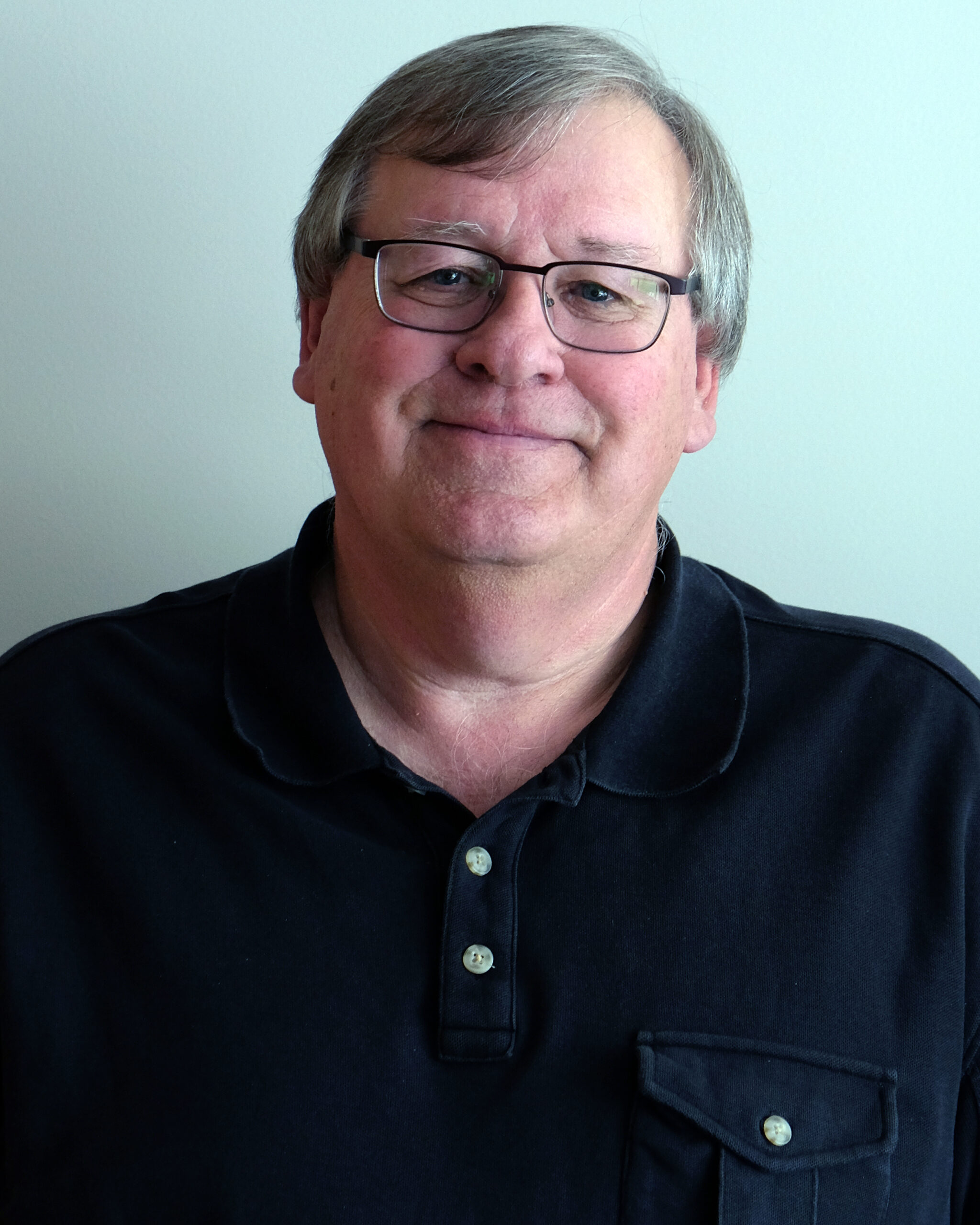Public Works
Use equipment and advanced technology to keep roads, parks, sidewalks, and water systems safe.
 Rick Ashling, wastewater treatment superintendent, Albert Lea (retired)
Rick Ashling, wastewater treatment superintendent, Albert Lea (retired)
Why he shows up: The people in this business care. They care about the environment; they care about the water; they care about their job. Generally you have good security, good benefits, paid holidays. My wife and I, we’ve been able to maintain a good quality of life through public employment. It’s been a good career.
How he got the job (and how you could too): I was an unemployed Vietnam veteran back in 1972. The Clean Water Act of 1972 was passed — there was a need for 5,000 operators, and the EPA was putting on schools to train people — and I didn’t know what wastewater treatment was, but I called. After school I went to Moorhead and was an operator for four years, and then there was an opening in Estherville, Iowa. I spent 18 years there. Through my time in Iowa I got involved in the professional organization, and with that I went all the way to executive committee member of the water and environment association — through that you get to meet a lot of different people, educators, engineers, operations, and travel some different cities. Then Albert Lea contacted me to come there, so I applied and here I am! I went to Albert Lea in January of 1994. And I’ve been active in the professional organization here as well.
We have drawn people from packing houses and rendering, people with a farm background or mechanical background. I’m “old school” and I prefer to train them on the job. We require a Class D license, and there are continuing education requirements.
Generally in wastewater treatment you’re going to run into odors. I’ve had people come out to intern and last a day. People with more industrial or agricultural backgrounds are less likely to be “offended” by the odors. And quite frankly with the ladies coming out I say, “You’re going to encounter some odors,” and you know what they say? They say, “We change diapers, we’re used to it!” and they do well. After so many months, it just smells like money. You don’t notice it anymore.
What’s the job like? My job is treating the water. The utilities’ job is to get the water to me by maintaining the sewer system and the pumps and that.
We have a lot of industry in Albert Lea and I have to go through all those industries and inspect them. You get a lot of involvement in the community. If you have some kind of issue come up, you can solve that. And that’s satisfaction. Even lab work can be interesting.
There’s only so much money and I have to decide where a $3 million budget is going to go. I don’t want to spend foolishly, so sometimes I’m a little cheap. Our power bill can be $30,000-$50,000 a month. I work with partners like the Minnesota Technical Assistance Program on ways to conserve energy and utilize renewable energy, and any programs for energy saving. That gives you satisfaction. I pride myself on staying within that budget for the taxpayers. I live in Albert Lea, so it has an impact on my bill too!
Some people, all they see is bills. They don’t understand what they’re getting for their money. When you flush the toilet you don’t see where it goes. So I do education on that. At the end of the day, clean water and protecting the environment makes it all worth it.
Are you interested in learning more about a city career? One great way to get advice is to contact someone in your own city or a city nearby. You can ask questions about the job and learn more about training programs that may be available. Connect to city websites and city contact information through the League of Minnesota Cities.
